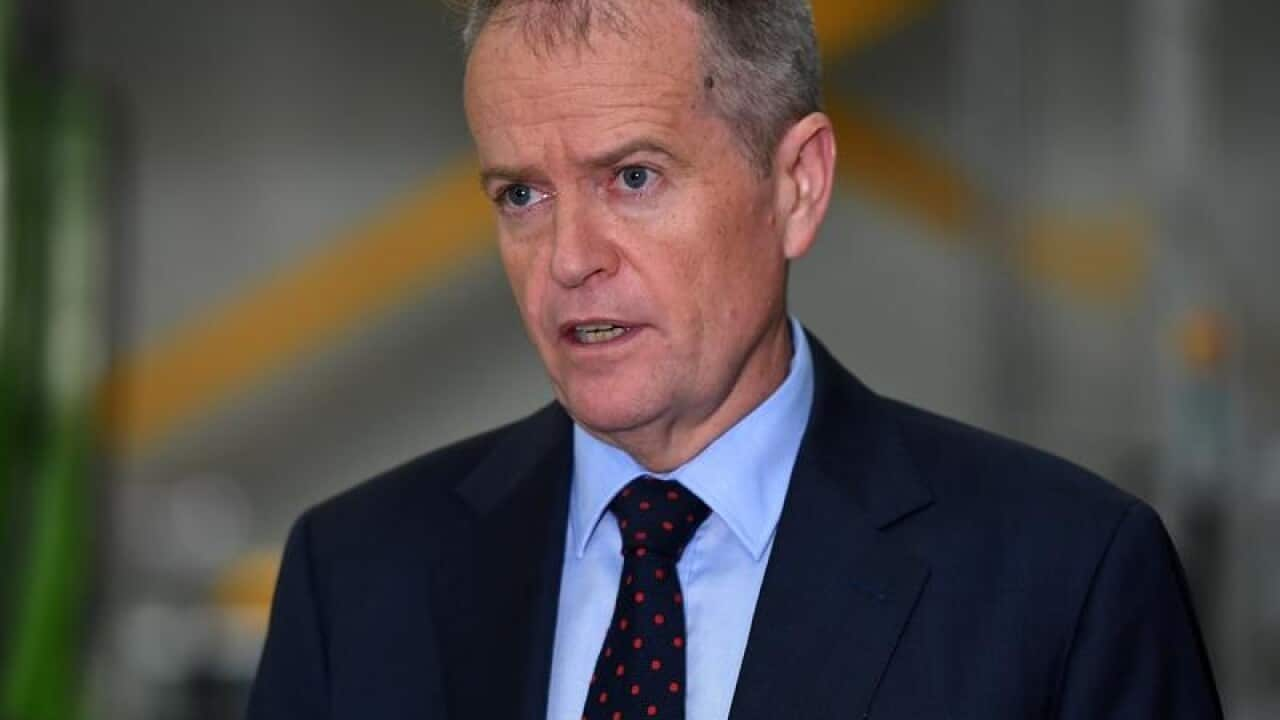A coalition of Indigenous organisations, from Arnhem Land in the Northern Territory, is calling on all levels of government to step up to the plate and help fund much-needed dialysis services in remote communities, discussed at a key forum at the 19th annual Garma Festival.
The Miwatj Health Aboriginal Corporation, the Anindilyakwa Land Council, the Gumatj Aboriginal Corporation and the Arnhem Land Progress Association are urging governments to match their combined $680,000 investment in safe, high-quality dialysis so that they can expand the provision of these services across the region.
Miwatj Health Aboriginal Corporation’s Chief Health Officer, Dr Lucas de Toca, said immediate action was required to ensure the provision of dialysis services could be expanded.
“We call on all levels of government to work with us and match, dollar for dollar, the funding that Arnhem Land organisations have invested,” he said.
Aboriginal leaders from the Yolngu, Warnindilyakwa and Nunngubuyu Nations in Arnhem Land have been advocating for safe, accessible, on-country dialysis services for years. With support from the Commonwealth in 2012, Miwatj Health commenced the provision of nurse-assisted dialysis services in Yirrkala, which enabled the return of the celebrated Dr M Yunupiŋu, leader of Yothu Yindi, to his home.
Last year, some of the Aboriginal organisations in the area committed their own funds – a combined $680,000 – to complement the existing Miwatj program and enable the provision of additional services on Groote Eylandt, and some respite options in Galiwin’ku on Elcho Island.
But Mr de Toca said the program cannot be fully rolled out without additional investment.
“We cannot do this alone. This is a unique opportunity to develop a much-needed service that will hopefully become sustainable when changes to the Medicare Benefits Schedule take effect,” he said.
Mr de Toca said the life-saving service, sadly, came to late for Dr G Yunupingu.
“Sadly, the rollout of this life-saving service across Arnhem Land will come too late for our beloved singer, the late Dr G Yunupiŋu, but we have a chance to make a difference for hundreds of other people now,” he said.
Dr G Yunupingu, the world-acclaimed singer and guitarist,
Tears flowed for the late musician in a moving opening ceremony at the Garma Festival on Friday. His family members, traditional owners from the Gumatj clan, paid tribute to Dr G to ensure his legacy will never be forgotten.
Indigenous people suffer highest rates in the world
End-stage kidney disease requiring life-saving dialysis treatment disproportionately affects Aboriginal people. While only 2.5 per cent of Australia’s population are Indigenous Australians, they represent more than 11% per centof patients receiving treatment for end-stage kidney disease.
The rates of this serious disease are highest for Indigenous people living in the Northern Territory (17 times higher for Indigenous people than non-Indigenous people) and Western Australia (10 times higher). In the NT, chronic kidney disease contributes to 50 per cent of all hospitalisations, with the region having some of the highest rates of sufferers in the world.
The remote location of many of Australia’s Indigenous communities means that a large proportion of Indigenous patients are required to leave their families and communities to relocate to an unfamiliar urban setting in order to access treatment. This dislocation and separation isolates patients from their support networks, families, communities and land.












